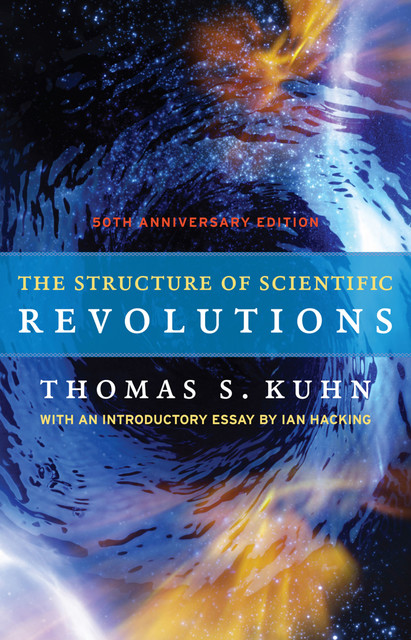The Structure of Scientific Revolutions
360 trycksidor
- Ursprunglig publicering
- 2012
- Utgivningsår
- 2012
Citat
- Artem Karnaukhhar citeratför 10 månader sedanwhen, that is, the profession can no longer evade anomalies that subvert the existing tradition of scientific practice—then begin the extraordinary investigations that lead the profession at last to a new set of commitments, a new basis for the practice of science.
- Artem Karnaukhhar citeratför 10 månader sedanNormal science, for example, often suppresses fundamental novelties because they are necessarily subversive of its basic commitments.
- Artem Karnaukhhar citeratför 10 månader sedanNormal science, the activity in which most scientists inevitably spend almost all their time, is predicated on the assumption that the scientific community knows what the world is like.
fb2epub
Dra och släpp dina filer
(upp till fem åt gången)


